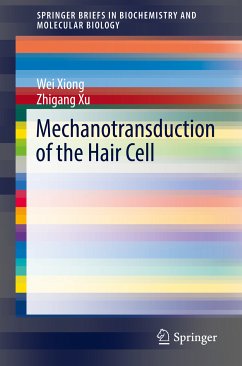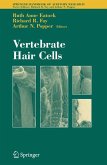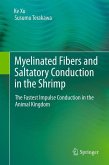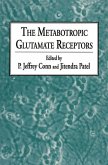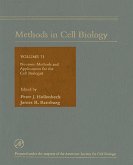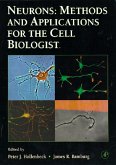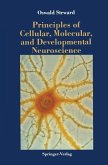This book summarizes the emerging experimental evidence on hair-cell mechanotransduction, and covers hair's cellular structure, biophysical properties, molecular components and functions. Auditory hair cells convert sound-induced vibration into electrical signals. This biological process, mechanotransduction, is what allows us to hear and communicate in our daily lives. However, our grasp of hair-cell mechanotransduction is still far from complete. Recent advances in molecular genetics and biophysics have helped us gain deeper insights into this process, especially the molecular constituent and operation of the channel complex. This book provides a cutting-edge snapshot for all readers who are interested in or studying how auditory hair cells detect sound.
Dieser Download kann aus rechtlichen Gründen nur mit Rechnungsadresse in A, B, BG, CY, CZ, D, DK, EW, E, FIN, F, GR, HR, H, IRL, I, LT, L, LR, M, NL, PL, P, R, S, SLO, SK ausgeliefert werden.

